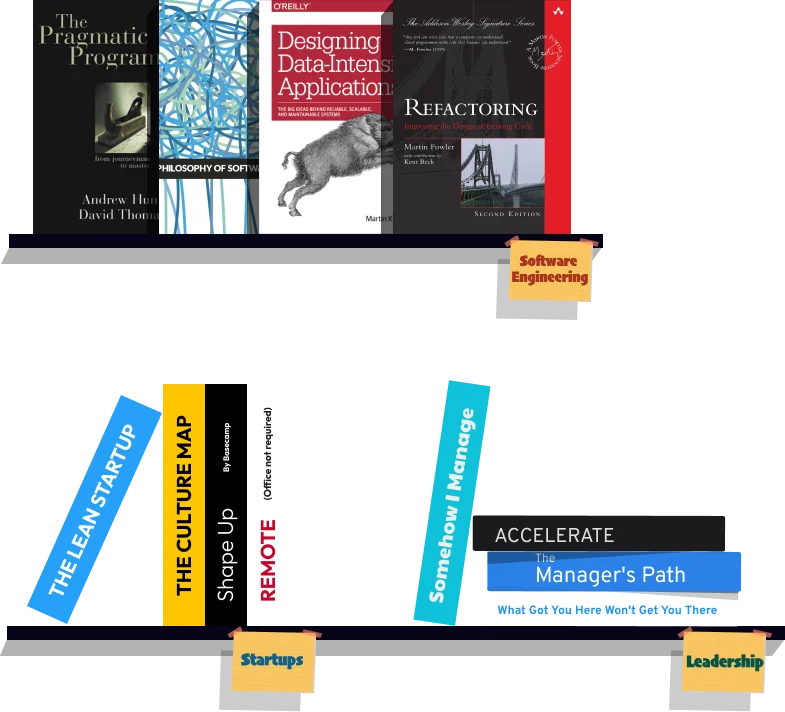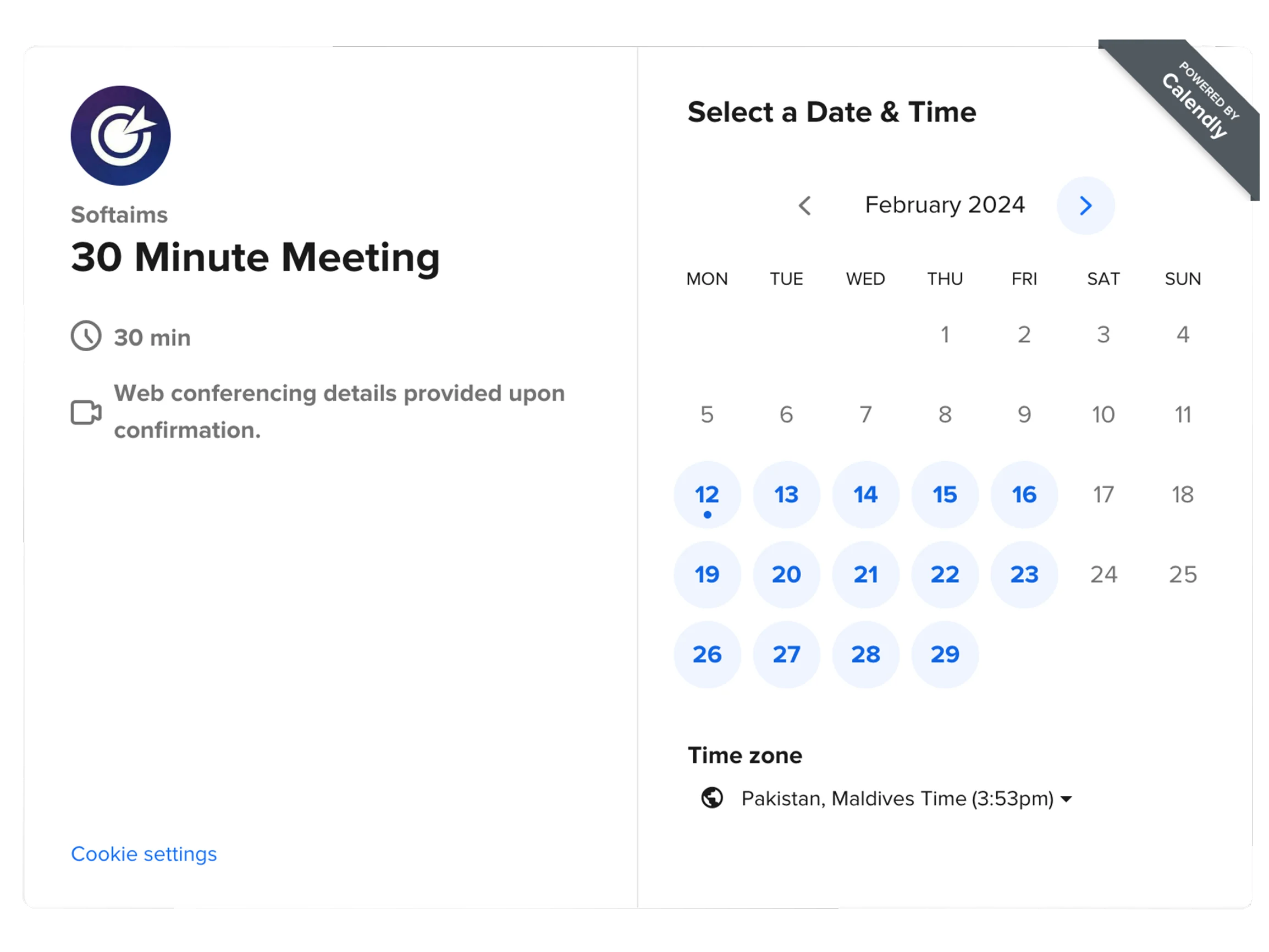
Saša M.
NextJs Developer
My name is Saša M. and I have over 8 years of experience in the tech industry. I specialize in the following technologies: JavaScript, CSS, PHP, Laravel, CodeIgniter, etc.. I hold a degree in Master of Computer Applications (M.C.A.). Some of the notable projects I’ve worked on include: Shopify development site, Next.js, Tailwind CSS duplicate website, Website building for BMR group. I am based in Prokuplje, Serbia. I've successfully completed 3 projects while developing at Softaims. I specialize in architecting and developing scalable, distributed systems that handle high demands and complex information flows. My focus is on building fault-tolerant infrastructure using modern cloud practices and modular patterns. I excel at diagnosing and resolving intricate concurrency and scaling issues across large platforms. Collaboration is central to my success; I enjoy working with fellow technical experts and product managers to define clear technical roadmaps. This structured approach allows the team at Softaims to consistently deliver high-availability solutions that can easily adapt to exponential growth. I maintain a proactive approach to security and performance, treating them as integral components of the design process, not as afterthoughts. My ultimate goal is to build the foundational technology that powers client success and innovation.
Show More































